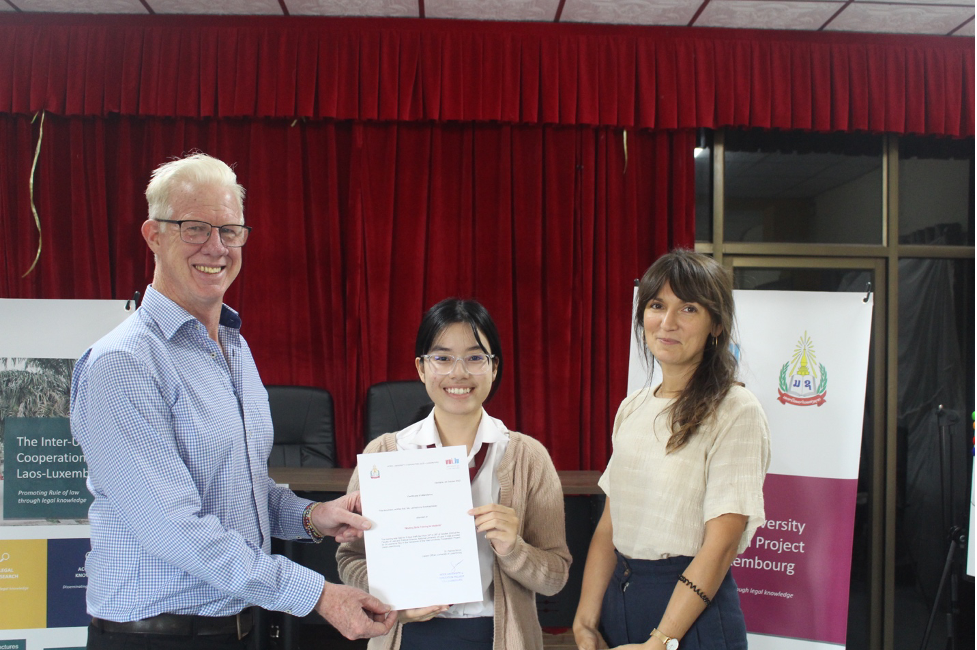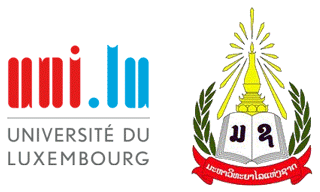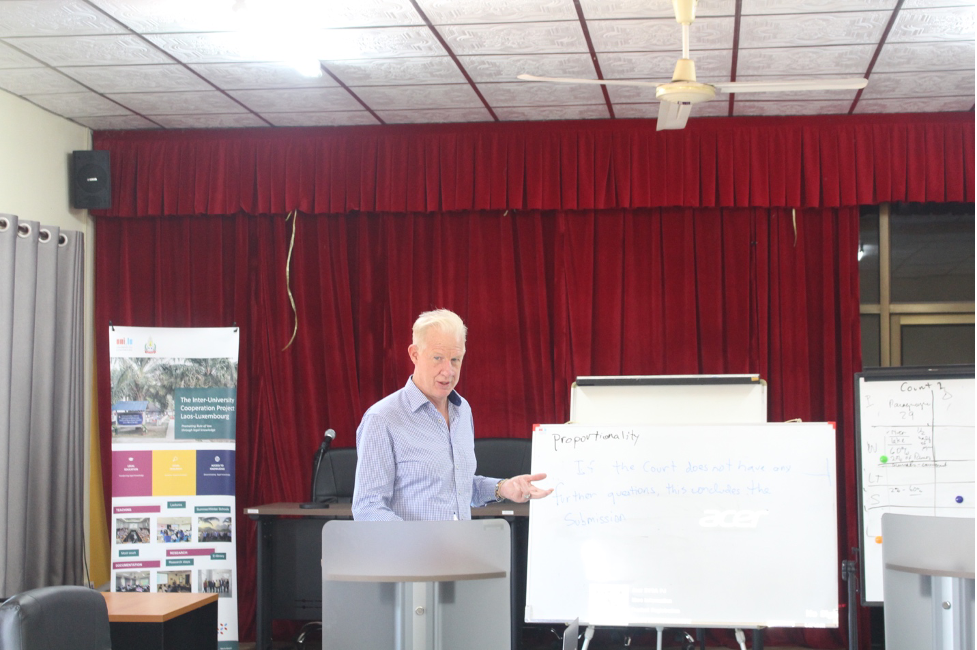Under the framework of the Inter-University Project Laos-Luxembourg, the University of Luxembourg is supporting students’ training for the ICRC IHL Moot Court Competition since 2016.
A one-week Moot Court training was organized from 24th to 28th October 2022 at the Faculty of Law and Political Science of NUOL. After a long period of restrictions due to Covid-19, participants could attend the event face-to-face.
Dr. Lawrence Siry, who has been involved in the moot training for the past three years, gave a one-week intensive training to a group of 10-15 FLP students to prepare them for the Lao National Round of ICRC IHL Moot coming next 14th of December. The training focused on how to make convincing pleadings and critically present arguments. Students also learned more deeply about International humanitarian law and International criminal law, as well as its application to the Moot problem of this year relating to environmental damages.
The first day of the training was dedicated to the participants’ self-Introduction and an introduction of a brief history of the International Criminal Court (ICC) and the International Committee of the Red Cross (ICRC).
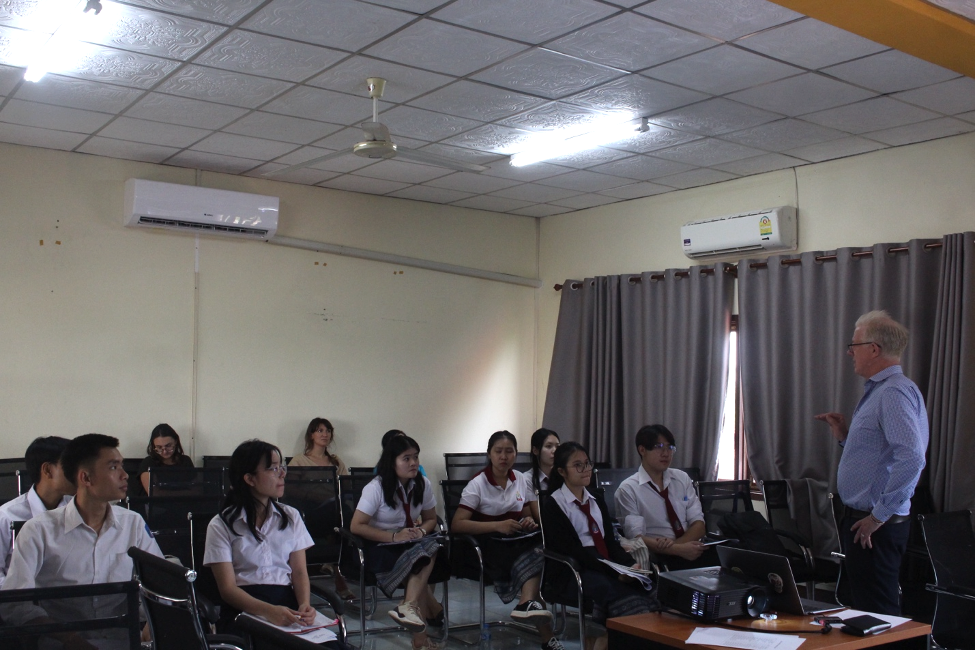
On the Second day, the training was devoted to teaching about the legal process of the ICC or how the ICC handles each different case.
On the third day, the training focused on how the participants could find evidence or references to support their legal argument, including the Rome Statute of the International Criminal Court, the Charter of the United Nations, the Geneva Conventions and their Additional Protocols.
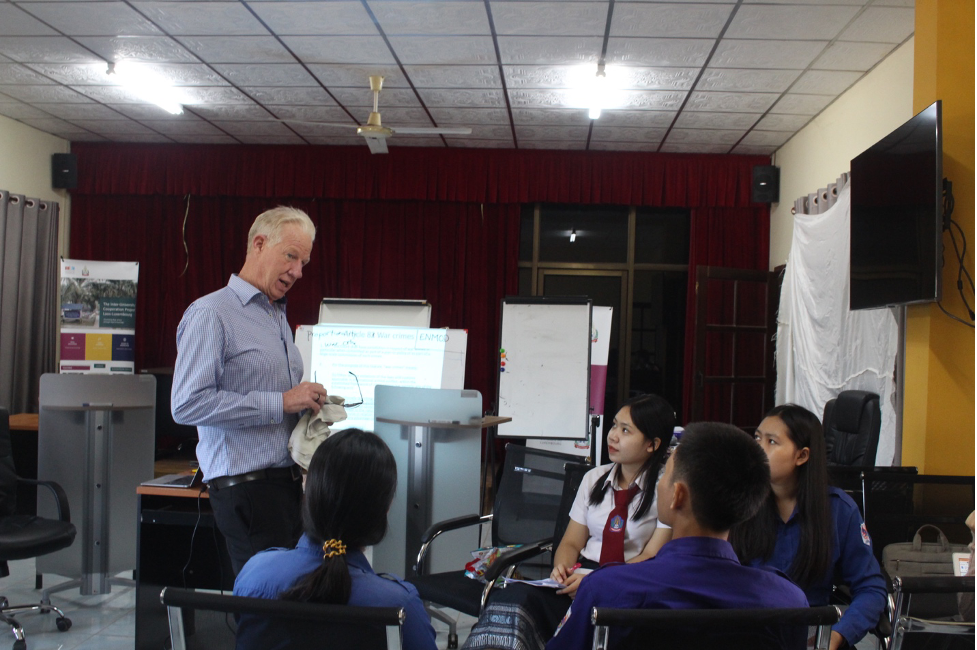
The fourth day of the training was dedicated to analyzing the Moot Problem, where participants had to work in groups and design their legal arguments in preparation of their memorials.
On the last day of the training, all the participants had the opportunity to show their pleading skills by using all the lessons they had learned in the past four days, and everyone could also make progress!
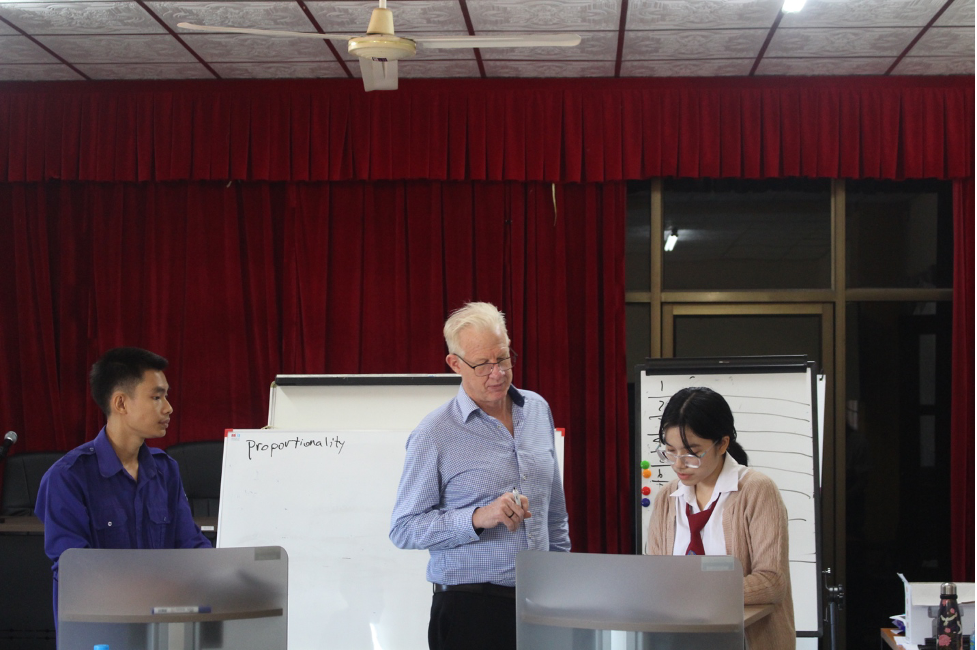
Moot court competitions are an essential aspect of “Problem-based learning” and promote practice-relevant teaching. Students will not only develop their legal skills but also enhance their speaking and debating skills, as well as their English skills. All students received certificates after completion of the training.
